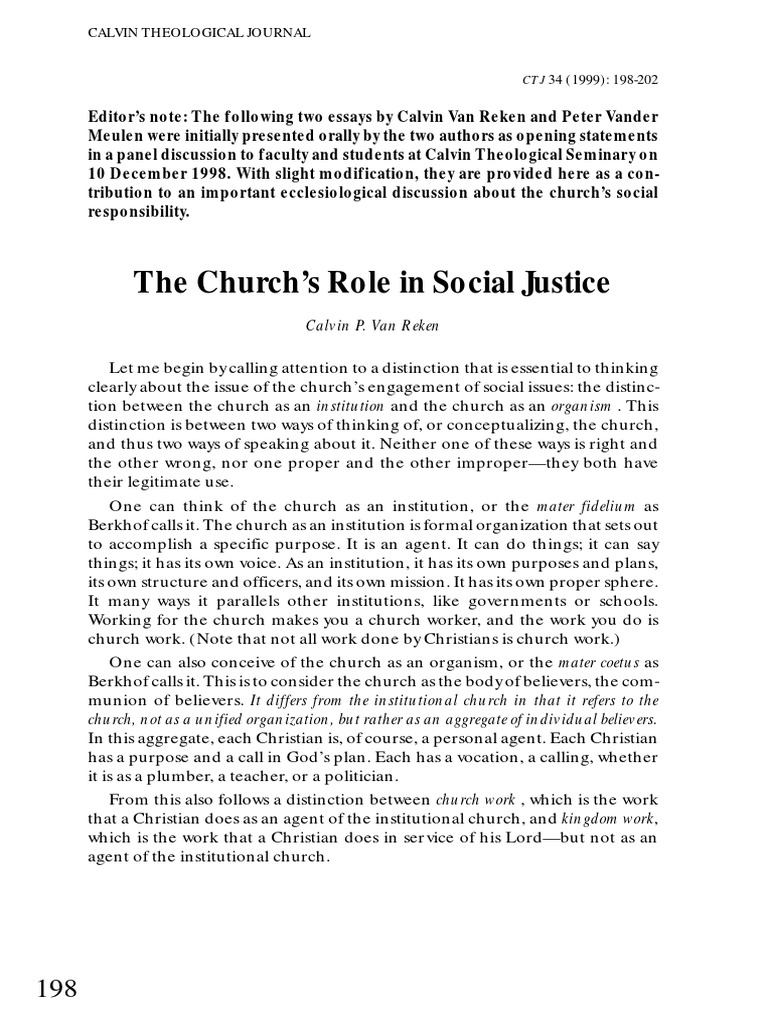At the heart of the Methodist Church lies a theological framework that intertwines grace, faith, and social justice. This intricate tapestry not only defines individual belief systems but also emphasizes the implications of these tenets for communal living. One might ponder: how do these elements interact to form a cohesive belief structure? And, could it be that the essence of Methodism challenges the ways we conceive of Christian duty in relation to societal needs? This contemplation urges us to explore the Methodist perspective, highlighting its unique contributions to Christianity.
Grace is a fundamental cornerstone of Methodist theology. For Methodists, grace is not merely a theological abstraction; it is the vivifying force that awakens the human spirit. John Wesley, the founder of the Methodist movement, articulated a profound understanding of grace as encompassing three stages: prevenient, justifying, and sanctifying grace. Prevenient grace refers to the divine love that precedes human response, actively working in the hearts of individuals long before they recognize or accept it. It is akin to a gentle nudging from God, stirring the soul towards awareness of spiritual truths.
Justifying grace, on the other hand, occurs when an individual consciously accepts God’s grace and experiences forgiveness. This pivotal moment is celebrated as a transformative event, liberating one from the shackles of sin. It is through faith that one embraces this grace, thus initiating a renewed relationship with the Divine. But does this acceptance automatically engender a sense of social responsibility? This query invites us to delve deeper into the Methodist belief in social justice.
Methodists assert that grace is inherently linked to social action. This belief stems from the notion that genuine faith compels believers to act in alignment with God’s will, which includes advocating for those marginalized and oppressed. Herein lies a crucial aspect of Methodist doctrine — the call to love one’s neighbor as a manifestation of one’s faith. This is not merely about charitable giving or acts of kindness; it demands a comprehensive engagement with the systemic issues that affect the community.
Consider, for instance, the social gospel movement, which was influential in the late 19th and early 20th centuries. Methodists played a significant role in this movement, advocating for social reform in areas such as labor rights, education, and healthcare. This historical engagement with social justice reflects Methodism’s belief that societal transformation is an extension of the believer’s spiritual transformation. The challenge then arises: can one truly separate the doctrine of grace from the pursuit of equity and justice for all? Or must one grapple with the uncomfortable truth that neglecting societal issues may undermine the very essence of faith?
Furthermore, the concept of faith within Methodism cannot be overlooked, as it intricately weaves together with grace and justice. Faith, within this tradition, is not a static belief but a dynamic relationship with God. It is both personal and communal, calling believers to participate actively in the life of their church and community. This active faith manifests in various forms, from community service to advocacy work, reflecting a commitment to embodying Christ’s love in tangible ways.
Methodism’s emphasis on sanctifying grace underscores the belief that faith is not merely a one-time acceptance but a continual journey towards holiness. The transformative process of sanctification encourages individuals to grow in their faith and love for others. This aligns with the Methodist belief in the ‘preparation for heaven’ where social justice becomes a pathway to embodying the Kingdom of God here on Earth. The question may arise: is one’s spiritual growth truly authentic if it does not result in tangible, life-changing acts for others?
In addition to grace and faith, the collective responsibility for social justice is embedded in Methodist beliefs. This responsibility extends beyond personal welfare to include communal obligations. The Bible serves as a guiding text, illustrating the call to serve the poor, advocate for the oppressed, and strive for justice. Methodists refer to the prophetic witness of the scriptures, emphasizing passages that compel believers to embody God’s justice throughout society.
The fight against systemic injustices — be it racism, poverty, or environmental degradation — is viewed not merely as an option, but as a directive. The methodology of service, advocacy, and activism forms a holistic expression of faith in action. As such, these efforts coalesce into a movement that not only seeks to address immediate needs but also pursues long-term societal transformation. Is it then possible for a church to claim faith without actively engaging in the struggles of the marginalized?
In examining the beliefs of the Methodist Church, one discovers a rich interplay between grace, faith, and social justice. This triad encourages both individual and collective responsibility, challenging the faithful to reflect on their role in the world. The belief that faith must produce action is a clarion call echoing through the annals of Methodism. It invites believers into a deeper understanding of their faith, provoking reflections on their involvement in societal issues.
In conclusion, the Methodist Church embodies a holistic understanding of Christian belief — one that cannot shy away from the critical intersections of spirituality and social responsibility. Thus, as we consider the ramifications of grace, faith, and social justice, we are encouraged not only to engage in personal reflection but also to take bold action in a world that yearns for justice and mercy. In the poignant words of John Wesley, “Do all the good you can, by all the means you can, in all the ways you can, in all the places you can, at all the times you can, to all the people you can, as long as ever you can.” This encapsulates the essence of a faith that is both lived and expressed through action.



